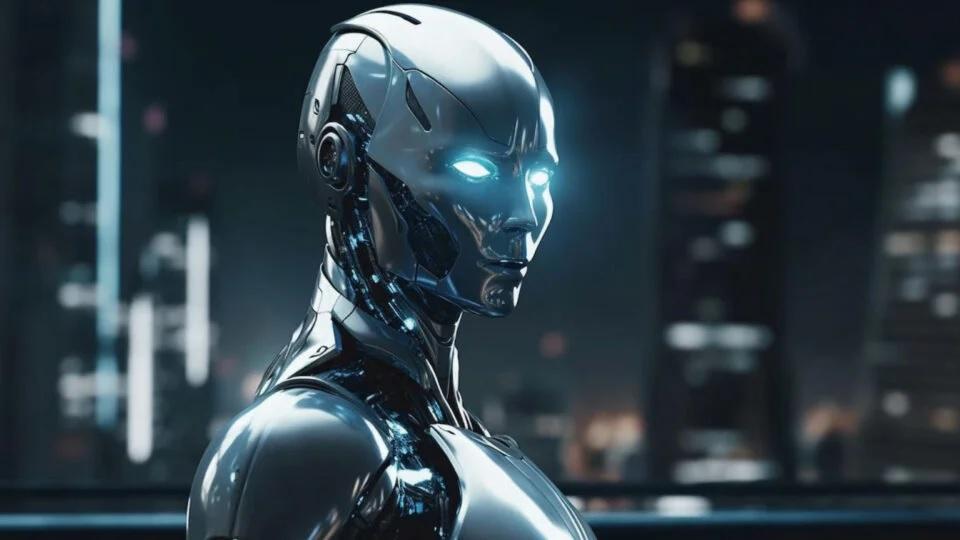Understanding AI Bias and Why Human Intelligence Cannot Be Replaced

AI bias has the potential to cause significant damage to cybersecurity, especially when it is not controlled effectively. It is important to incorporate human intelligence alongside digital technologies to protect digital infrastructures from causing severe issues.
AI technology has significantly evolved over the past few years, showing a relatively nuanced nature within cybersecurity. By tapping into vast amounts of information, artificial intelligence can quickly retrieve details and make decisions based on the data it was trained to use. The data can be received and used within a matter of minutes, which is something that human intelligence might not be able to do.
With that said, the vast databases of AI technologies can also lead the systems to make ethically incorrect or biased decisions. For this reason, human intelligence is essential in controlling potential ethical errors of AI and preventing the systems from going rogue. This article will discuss why AI technology cannot fully replace humans and why artificial intelligence and human intelligence should be used side-by-side in security systems.
AI and the Lack of Privacy
As humans, we have an innate ability to know what is private and what is not. We use our judgment to determine whether or not certain pieces of information should be utilized. However, if the database is mishandled, AI systems can inadvertently breach unauthorized information, disclosing personal data or misleading details as the system goes rogue. This is exactly what happened at the Def Con conference in Las Vegas, where AI systems were manipulated into going rogue.
This type of circumstance is more common than we think. AI systems are trained to dig through vast data volumes to drive their insights, making no difference between what is allowed and what is not when disclosing an action. Without humans implementing strong access controls and data encryption protocols, AI systems can endanger an organization’s security.
Why Human Intelligence Is Essential to Prevent Bias
The cybersecurity landscape is quite widespread, with AI systems consistently used to defend against malware, phishing attacks, and nationwide threats from organized crime groups. Each type of threat has its own nuance and complexities, requiring personalized approaches for detection, mitigation, and overall prevention.
The problem is that the nuanced world of cybersecurity could also lead to false positives and negatives, along with cyberattacks being misread. Without careful monitoring, AI systems could unintentionally discriminate or incorrectly categorize an attack, leading to delays and potential breaches in security. By incorporating human intelligence into the equation, the threats could be detected and mitigated early on before they escalate.
This can be rather difficult to obtain, considering that there is still a global shortage of AI experts. To prevent this, we need heavy research and development, as well as investments in comprehensive training programs. By nurturing the talent pool to recognize unhealthy AI behavior, defenses may be bolstered. When different situations are put through vulnerability tests, we can prevent missteps caused by AI bias.
To Know More, Read Full Article @ https://ai-techpark.com/human-role-in-ai-security/
Related Articles -
Top Five Popular Cybersecurity Certifications
Trending Category - Threat Intelligence & Incident Response
- Art
- Causes
- Crafts
- Dance
- Drinks
- Film
- Fitness
- Food
- Oyunlar
- Gardening
- Health
- Home
- Literature
- Music
- Networking
- Other
- Party
- Religion
- Shopping
- Sports
- Theater
- Wellness




